The commercial archaeological sector’s primary objective is to preserve endangered archaeological sites by record, which means that they must be meticulously excavated, documented, reported and archived. However that hard work would be for nothing if the findings can’t be accessed, enjoyed and understood by everyone, from academics to school children. Sharing the experience of excavating as well as the results of the process through a varied programme of volunteering, community outreach and lecturing is thus one of PCA’s key objectives.
Many professional archaeologists were inspired to enter the profession after volunteering on site, a tradition that PCA seeks to continue by offering placements, both on site and in the office, to an array of participants. There have been many success stories over the years since many of our volunteers have gone on to study archaeology at university or to work for us as professional archaeologists. Several continue in their employment to this day.
PCA has long-established links with Newcastle University and every Easter a handful of students spend their vacation time working with us, particularly with our finds specialists and our graphics team. Past projects have included recording cattle vertebrae, Roman wall plaster and Saxon pottery as well as archiving and rectifying building recording photographs. PCA has also provided students from a range of institutions with unique opportunities to undertaken valuable research that has contributed to their degrees.
Secondary school-age work experience students generally spend a week or two with us in July or September with some of the keener ones giving up a portion of their summer holidays to volunteer. Most have no direct experience of archaeology so upon arrival they are given a short introductory lecture that aims to explain what we do. After that, all the tasks that these young people are given represent real archaeological work; a wide range of “hands-on” experiences are offered, which includes getting paperwork ready for archive, helping our finds specialists record data, processing finds and samples and on occasion working in our drawing office or photography department. When possible, a visit to an archaeological site is also arranged, which is usually a highlight.
Activities involving volunteers and members of the public are only undertaken with client consent and are fully risk assessed.

